Recording Of Statement In Police Station
Overview
This article outlines the process of recording statements in the police station under the Bharatiya Nyaya Sanhita (BNS) and Bharatiya Nagarik Suraksha Sanhita (BNSS). It discusses the role of police officers in recording statements from witnesses or individuals involved in an investigation. Under Section 161 of the BNS, police officers are required to examine witnesses and record their statements in writing. These statements, however, cannot be used as evidence in court. The article also covers the evidentiary value of such statements and their role in the investigation process under BNS and BNSS provisions.
Recording of Statements in Police Station
When recording statements in cognizable offenses, the following procedure applies:
- FIR Lodging: A police officer can only investigate a cognizable offense after a First Information Report (FIR) is lodged, as per Section 154 of the BNS.
- Statement Recording: The police officer is required to record the statement of witnesses or the accused during the investigation process. These statements are recorded in writing and must be signed by the individual making the statement.
- Oral and Written Information: If a statement is given orally, it must be reduced to writing, and the informant must read it back to confirm its accuracy.
- Inadmissibility in Court: Although the statements are recorded for investigation purposes, they cannot be used as direct evidence in court under the provisions of BNS and BNSS.
- Role in Investigation: These statements play a crucial role in guiding the investigation and forming a basis for further action, such as arrests or additional inquiries.
Recording of the Statement by Police Officer
Section 161 of the Bharatiya Nyaya Sanhita (BNS) mandates that a police officer must examine witnesses and record their statements during an investigation. These statements serve as a basis for framing charges. The individual being investigated, including the accused, must respond to the questions asked by the police, except for those that might incriminate them or lead to penalty or forfeiture, as outlined in the BNS provisions.
The accused has the right to remain silent regarding self-incriminating questions. The police are required to record witness statements separately, detailing the facts and circumstances of the case as per BNS guidelines.
Key provisions related to the recording of statements include:
- Direct Speech: Statements must be recorded in direct speech, not in indirect speech, as per BNS guidelines.
- Summary in Case Diary: Section 161(3) of BNS mandates that a summary of witness statements is included in the case diary.
- Language and Access to Copies: If a statement is recorded in a vernacular language, a copy must be provided to the accused. This was affirmed in the case of Muniswamy v. State and Dalla v. State of Rajasthan, where it was held that the accused is entitled to access the statements recorded by the police.
Evidentiary Value of the Statement
According to Section 161 of the BNS, any statement recorded by the police is not considered substantive evidence and cannot be used by the prosecution. However, certain types of statements, as outlined in the Indian Evidence Act, are admissible:
- Section 27 of the Evidence Act: Allows for the admissibility of certain information provided by the accused, which can be used as evidence.
- Section 32 of the Evidence Act: Pertains to statements made by deceased persons, which can be admissible as evidence in specific cases under BNS and BNSS.
If a statement was not recorded under Section 161 of the BNS, its evidentiary value must be carefully assessed. If the failure to record the statement harms the accused’s case, the evidence may be disregarded.
Additionally, Section 162 of the BNS clarifies that statements made to the police during an investigation should not be signed.


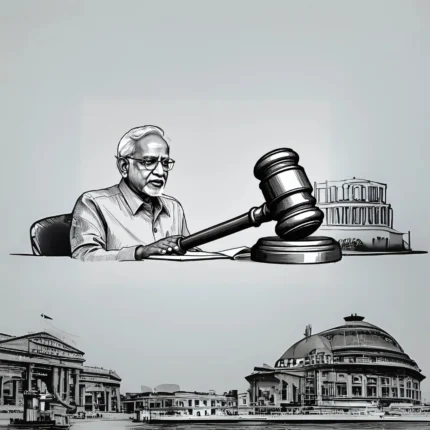
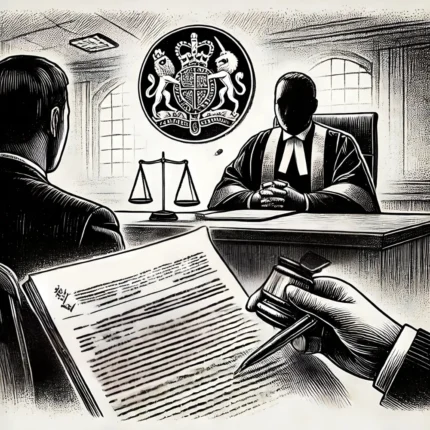

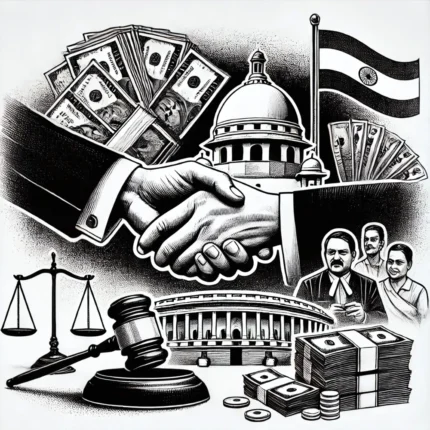


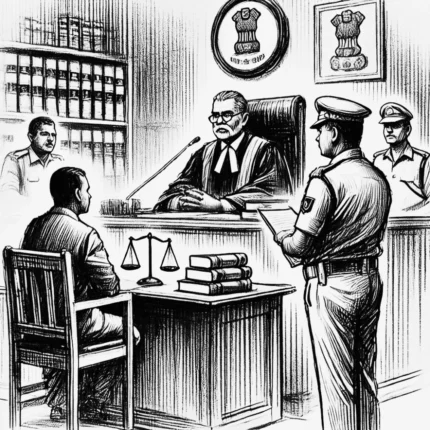
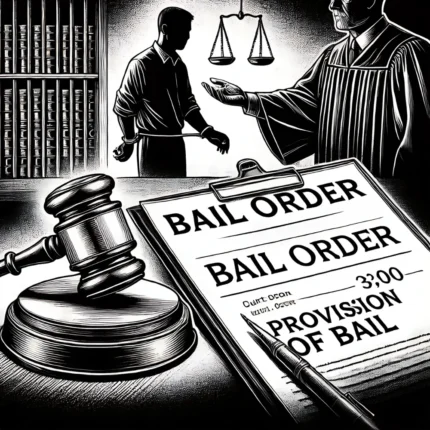
Reviews
There are no reviews yet.